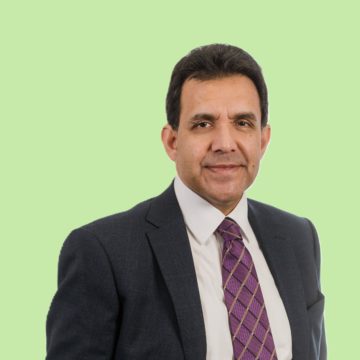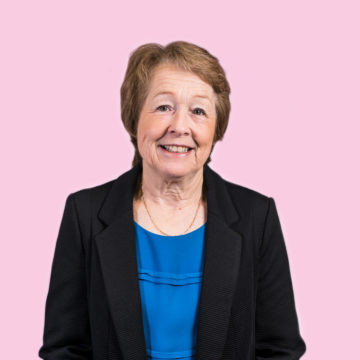An executor is responsible for looking after your money, property and other assets after your death and carrying out the wishes in your Will.
You can appoint relatives, friends or professionals (such as solicitors), or a mixture, up to a maximum of four. A beneficiary of your Will, such as your spouse, can act in this role and may be the only executor, if appropriate. At least one substitute executor should be included. If your estate is to be held in trust for young or vulnerable beneficiaries, it is good practice for there to be at least two executors who can act together.
An executor is responsible for looking after your money, property and other assets after your death and carrying out the …
Read more Wills & ProbateA Will allows you to specify who you wish your estate to pass to upon your death. If you have …
Read more Wills & ProbateSadly arguments do happen. Contact us for advice if someone is questioning: The contents of the Will Whether the Will …
Read more Wills & ProbateFirstly you will need to break the news to friends and relatives, register the death and organise the funeral. It …
Read more Wills & ProbateMarriage will cancel your Will unless it was prepared in expectation of the event. Getting divorced will not cancel your …
Read more Wills & ProbateYes. In England, Wales and Northern Ireland you must be over 18, and in Scotland you must be over 16. …
Read more Wills & ProbateTo make a Will, you have to have capacity to understand what you own, what making a will actually means …
Read more Wills & ProbateConsider giving your wife a lifetime right to benefit from your estate. This will enable her to carry on living …
Read moreOur highly skilled team of specialist solicitors hqave been established in the City of Wakefield for over 100 years.
















